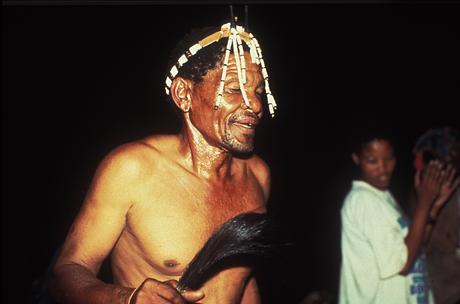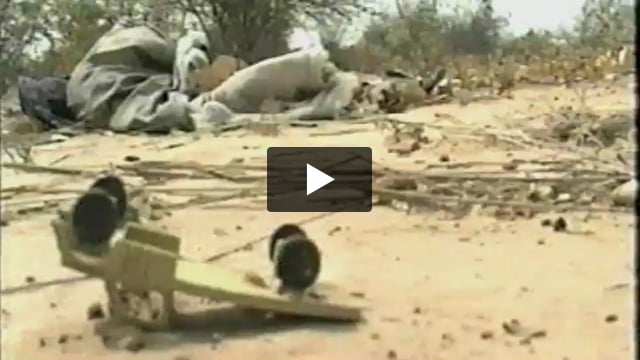South African court rules 'Indigenous peoples own their own land'
October 14, 2003
This page was last updated in 2003 and may contain language which is now outdated.
On 14 October 2003, in one of the most historic court judgments ever made in favour of Indigenous peoples, the Constitutional Court of South Africa ruled that an Indigenous people had both communal land ownership and mineral rights over their territory. Laws which tried to dispossess them were 'racial discrimination'.
The case concerned the 3,000 Richtersveld people who live in Northern Cape Province. They are from the Nama subgroup of Khoikhoi peoples, and have always lived in the area called Richtersveld until they were evicted in the 1950s to make way for a diamond mine, now owned by the South African government. Five years ago, the people took both the government and the mining company to court, claiming ownership rights over both 85,000 hectares of land and the minerals it contains. They lost the case but then appealed, and the appeal court ruled in their favour. But then the mining company itself appealed against the decision. The 14 October judgment, from the Constitutional Court, is final.
The decision is that Indigenous people who own land under their own, unwritten, law have the right to have this upheld in spite of other legal systems which are subsequently imposed by the state.
It has very important implications for countries like Botswana, which also operate under the same 'Roman-Dutch' legal system, and where Indigenous 'Bushmen' tribes – long discriminated against by the dominant Tswana tribes – are now being forcibly evicted from their reserve in the central Kalahari. Many Bushmen believe this is to make way for diamond mining in the future.
After Richtersveld, it will no longer be possible for Botswana to deny the Bushman their land rights on the ground that those rights have never been formally 'recognised', or to argue that hunter-gatherers are somehow beyond the protection of the law. The South African court decided that racial discrimination is the key; Botswana's Constitution also protects all citizens against discrimination on the grounds of race.
For more information contact Miriam Ross on (+44) (0)20 7687 8734 or email [email protected]
If you would like to receive Survival's press releases by email please register your details in the subscription window to the left.



